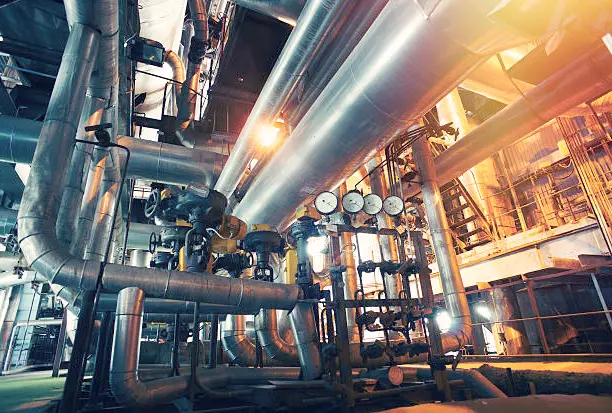
Leveraging Automation for Sustainable Agriculture: Enhancing Efficiency and Environmental Conservation
- Admin
The agriculture industry is undergoing a significant transformation driven by automation technologies. In this article, we explore the role of automation in sustainable agriculture, highlighting its potential to improve efficiency, reduce environmental impact, and ensure food security for future generations.
Automation in Farming Practices:
Precision Agriculture: Automation enables precision agriculture techniques such as GPS-guided tractors, drones, and sensor-based monitoring systems. These technologies optimize resource usage, including water, fertilizers, and pesticides, leading to higher yields and reduced environmental pollution.
Automated Irrigation Systems: Automated irrigation systems use sensors and smart controllers to deliver water precisely where and when it's needed. By minimizing water wastage and reducing energy consumption, these systems promote sustainable water management practices in agriculture.
Robotics in Farming: Robots are increasingly being deployed in various farming operations, including planting, harvesting, and weed control. Autonomous robots can perform tasks with precision and efficiency, reducing the need for manual labor and minimizing environmental disturbances.
Benefits of Automation in Agriculture:
Increased Efficiency: Automation streamlines farming operations, allowing farmers to accomplish tasks more quickly and accurately. By reducing labor requirements and improving productivity, automation enhances overall farm efficiency and profitability.
Environmental Conservation: Automation promotes sustainable farming practices by optimizing resource usage and minimizing environmental impact. Precision agriculture techniques and automated systems help conserve water, reduce chemical usage, and mitigate soil erosion, preserving natural ecosystems and biodiversity.
Food Security: By improving crop yields and optimizing resource management, automation contributes to global food security efforts. Sustainable agriculture practices supported by automation technologies ensure stable food production and supply chains, even in the face of climate change and other challenges.
Challenges and Considerations:
Technological Adoption: The adoption of automation technologies in agriculture may face challenges such as high initial costs, technical complexity, and limited access to training and support. Addressing these barriers requires investments in infrastructure, education, and policy support.
Data Management and Privacy: Automation systems generate vast amounts of data, raising concerns about data management, privacy, and cybersecurity. Farmers need robust data management practices and secure systems to protect sensitive information and ensure compliance with regulations.
Conclusion:
Automation is revolutionizing agriculture, offering innovative solutions to enhance efficiency, promote sustainability, and ensure food security in a rapidly changing world. By embracing automation technologies, farmers can optimize their operations, protect the environment, and contribute to a more resilient and sustainable agricultural sector.
